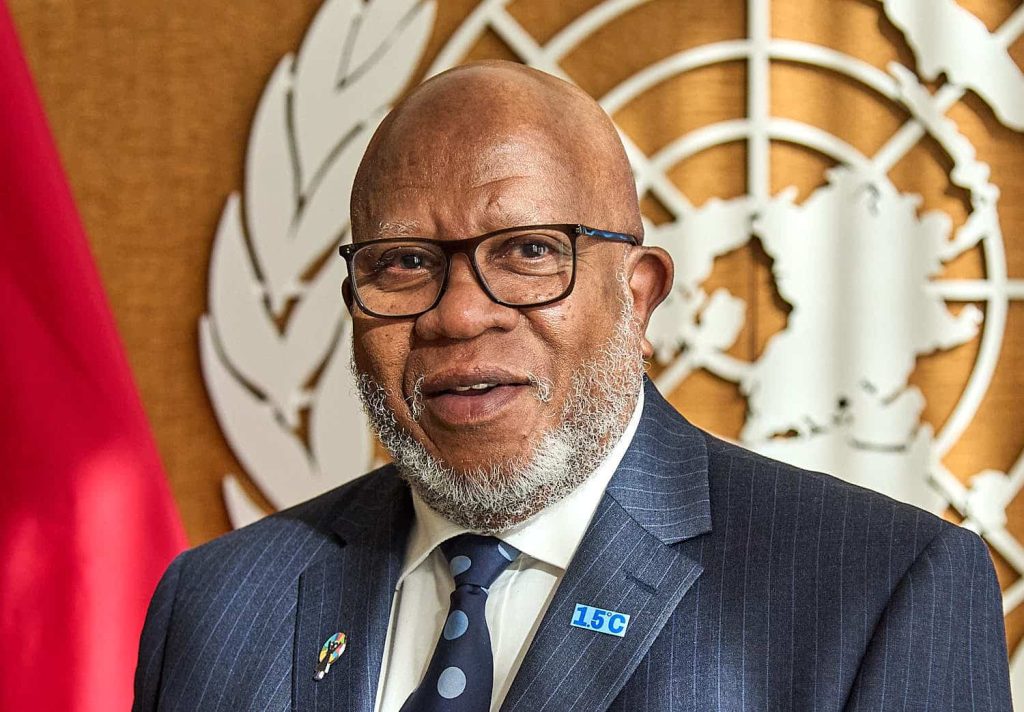The United Nations (UN) strongly emphasised the urgent need for reform on Monday, stating that Africa’s significant underrepresentation on the Security Council is simply wrong and unacceptable.
“Today’s topic speaks to the urgent and long overdue need to reform the Security Council,” UN General Assembly President Dennis Francis told a Security Council meeting.
Sierra Leone hosted the high-level assembly in August in its capacity as the president of the Council. The theme was “Safeguarding international peace and security: confronting historical injustices and strengthening Africa’s impactful representation on the Security Council.”
Francis underscored the disparity between the Council’s outdated structure and today’s global realities, firmly stating that “the world today is vastly different from what it was in 1945.”
Stressing the need for the UN, currently consisting of 193 member states, to have institutions that can adjust to present-day requirements, he called for a Security Council that is more inclusive, responsive, democratic, and transparent.
“The fact that Africa continues to be manifestly underrepresented on the Security Council is simply wrong,” he said, calling it a violation of the principles of equity and inclusion.
“The question of Africa’s effective representation on the Security Council speaks directly to the credibility of the United Nations itself,” he warned.
Echoing Francis, the President of Sierra Leone, Julius Maada Bio, also emphasised Africa’s critical underrepresentation.

“Africa remains the unquestionable victim with the absence of structural change. The Security Council’s performance and legitimacy remains questionable,” he said.
Saying that the Council’s current structure reflects a “profound historical injustice,” Bio demanded that Africa be granted “two permanent seats and two additional non-permanent seats” on the Council, along with the abolition of the veto power or its extension to all new permanent members.
“The time for half-measures and incremental progress is over. Africa’s voice must be heard, and its demands for justice and equity must be met,” he stressed.


